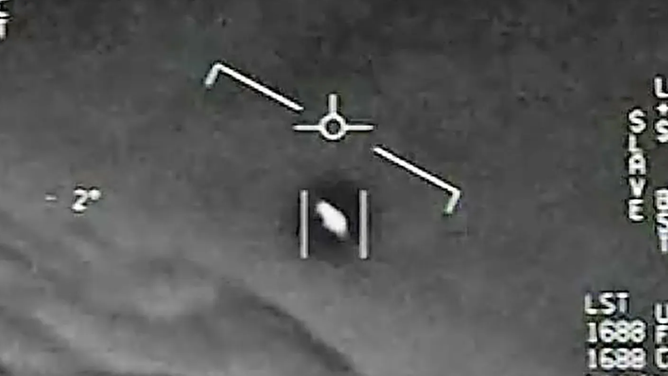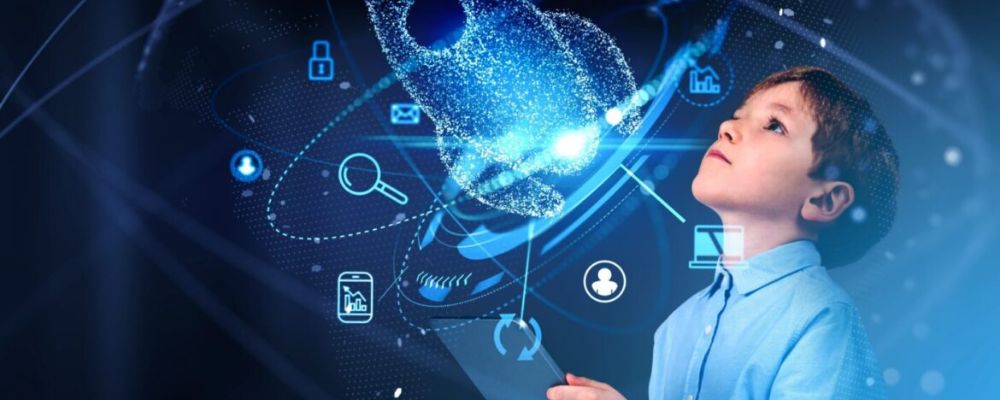
In recent years, artificial intelligence (AI) has become a pivotal technology in various fields, and space exploration is no exception. As we venture deeper into the cosmos, AI is proving to be an invaluable asset in navigating and understanding the universe. This blog delves into the role of AI in space exploration, highlighting how it enhances navigation, mission planning, and data analysis.
1. Enhancing Navigation Systems
Navigating the vast expanse of space is one of the most daunting challenges in space exploration. Traditional navigation methods often rely on complex calculations and human oversight, which can be prone to errors. AI-powered systems are now stepping in to improve accuracy and efficiency. By leveraging machine learning algorithms, AI can process vast amounts of data from spacecraft sensors and telescopes to make real-time navigation adjustments. This capability is crucial for ensuring spacecraft stay on course and avoid potential hazards.
2. Optimizing Mission Planning
AI’s role in mission planning cannot be overstated. Space missions require meticulous planning, from determining launch windows to designing spacecraft trajectories. AI systems analyze historical mission data, simulate various scenarios, and provide optimized solutions for mission planning. For example, NASA’s AI-driven planning tools can predict potential issues and suggest contingency plans, significantly improving mission success rates.
3. Analyzing Vast Amounts of Data
Space exploration generates enormous quantities of data, from images of distant galaxies to measurements of cosmic radiation. Analyzing this data manually is a Herculean task. AI excels in processing and interpreting large datasets quickly and accurately. Machine learning algorithms can identify patterns, detect anomalies, and even make predictions about celestial phenomena. This capability accelerates our understanding of the universe and aids in making groundbreaking discoveries.
4. Autonomous Spacecraft and Rovers
Autonomous spacecraft and rovers are at the forefront of space exploration, and AI plays a crucial role in their operation. These machines are often tasked with exploring distant planets and moons where real-time communication with Earth is not feasible. AI enables these spacecraft and rovers to make independent decisions, adapt to new environments, and carry out scientific experiments without constant human intervention. For instance, the Mars rovers utilize AI to navigate the Martian terrain and conduct experiments autonomously.
5. Enhancing Space Mission Safety
Safety is a top priority in space missions, and AI contributes significantly to this aspect. AI systems monitor spacecraft health, detect potential failures, and provide early warnings to mission control teams. Predictive maintenance powered by AI can foresee equipment malfunctions and recommend preventive measures. This proactive approach helps in minimizing risks and ensuring the safety of both crewed and uncrewed missions.
Conclusion
AI is transforming space exploration by improving navigation, mission planning, data analysis, and autonomous operations. As we continue to push the boundaries of our knowledge and explore new frontiers, AI will undoubtedly play an increasingly central role in our journey through the cosmos. With its ability to process vast amounts of data, enhance mission safety, and optimize operations, AI is not just a tool but a key partner in our quest to understand the universe.






